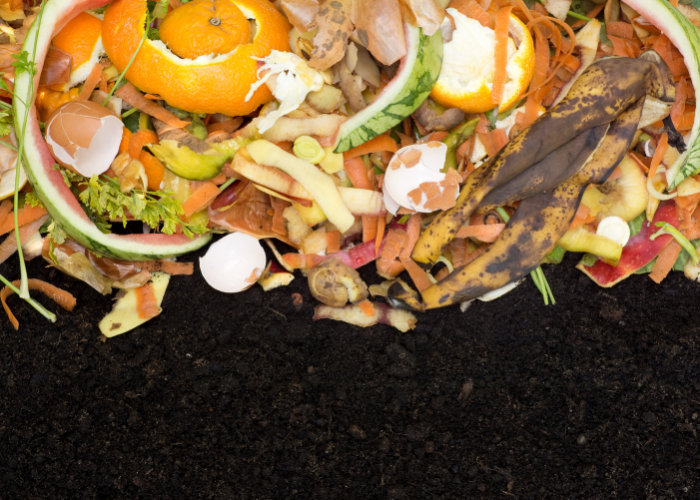Compost Katie’s objective is to reduce the amount of food wastes that our landfills and water treatment centers must work with. By using vermicompost to recycle food waste, we reduce the methane that our landfills produce. By removing food wastes from our garbage disposals, we greatly reduce sewage blockages and sanitary sewer overflows. By returning food waste back into the food chain we are able to enrich farm lands and community gardens.
5 gallon weekly compost service sign up
45 gallon weekly compost service sign up
About Landfills
Landfills and dumps poison our air, water, land and food supplies, and their use fuels an unsustainable linear system of consumption. As the largest human-created source of methane gas, landfills are a significant contributor to climate change.
Did you know there is more food waste in landfills than diapers, Styrofoam and tires combined?
The organic nutrients present in food and paper waste are removed from the food chain via landfills, requiring gardeners and farmers to rely on chemical fertilizers to replenish their soils. This leads to agricultural runoff which is most notable for its algae blooms in still bodies of water as well as the contamination of our ground water.
There is little disagreement that composting food wastes is the gold standard when it comes to environmental sustainability.
40 percent of trash in landfills is food waste. This makes food waste the single biggest offender in landfill methane gas.
Methane gas is 23 times more efficient at trapping heat than carbon dioxide.
By composting food wastes, we are reducing the amount of methane produce by landfills, extending the life of our landfill space and reducing the risk of ground water contamination.
The U.S. EPA has identified landfills as the single largest source of methane.

Leave a Reply